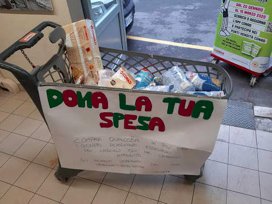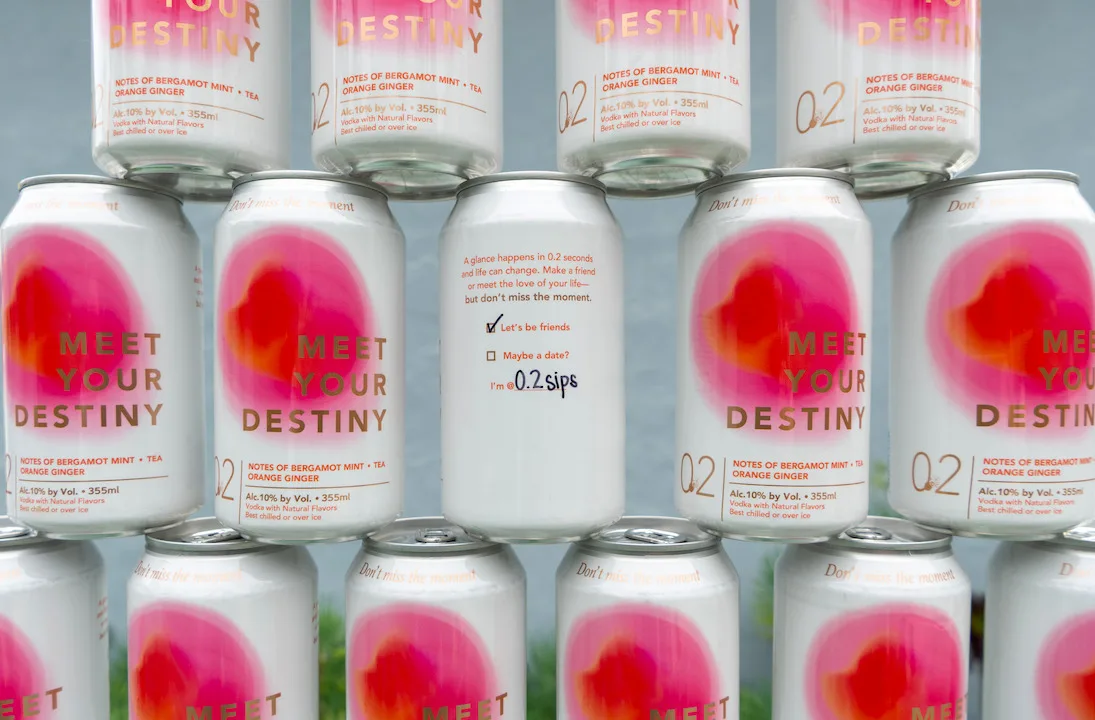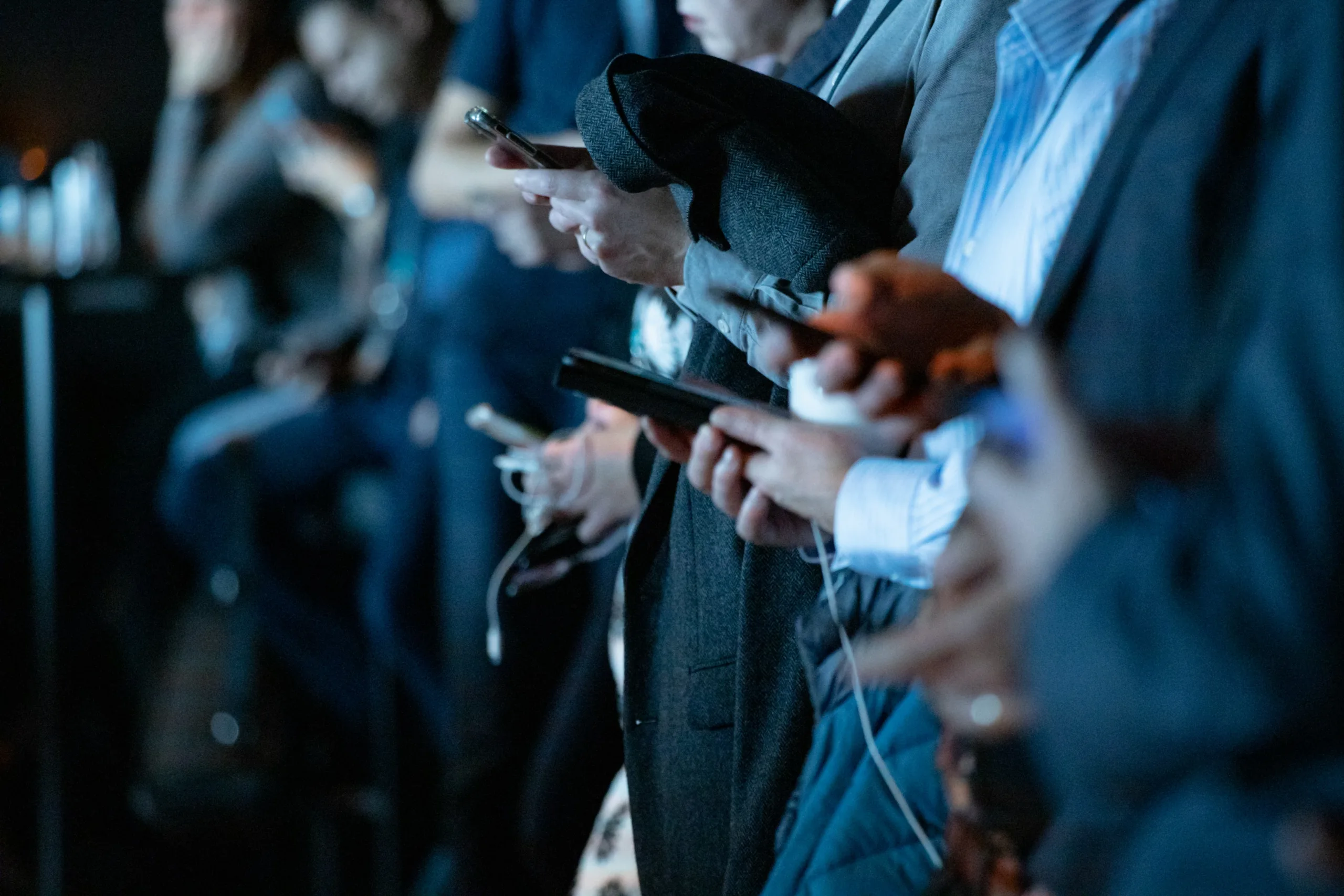POST-PANDEMIC FASHION AND FRUGAL ABUNDANCE
May 21, 2020
SPORTS WILL NEVER BE THE SAME
May 28, 2020The year 2020 will be remembered in the history books, as the year that humans were forced to a halt our activities, because we did not know how to overcome a disease that threatened the fragile fabric of our society.
It is common to hear the general public say ‘we have never lived something like this before’; and that is true, to some extent. Indeed, us as individuals in this time and age have not experienced something remotely close to this pandemic. But it is not the first time in the history of humanity that something like this happens. In fact, on January 1st, 2020 the most shared meme was that about “every 20’s in each century has its own plague”. Meaning that this situation is not entirely new, and yet it feels alien, disorientating, and traumatic, because we never saw it coming.
Apocalypse who?
Even though we could have never foreseen this pandemic happening, some claim that they did; and witness to that is the overflowing blogs, articles, posts, and general information dump that are some forums on the internet saying that Michel de Notre Dame had predicted it; or that it was already written in the Bible in Luke’s gospel. Some have gone the distance saying this is the unravelling of the four horsemen of the apocalypse (the green one that represents disease).
But, is it really that credible? Is this the end of the world? Are we now condemned? To each their own, and my opinion goes against those who say we are indeed doomed. However, the romantic idea of the ‘Apocalypse’ does have certain ring (thank you Dan Brown). For the word itself means “to un-cover”. And this pandemic has truly revealed quite a few things in this short time. This new light to our social structure has disclosed some things I deem worthy of pointing out, some good, some bad, and some of course… Ugly.
Let us review them, shall we?
The Good
Human society has shown that in the brink of catastrophe it is able to come together and endure hardship. Good examples have previously been referred to by Deanna Elstrom in her article about “Cultivating Grace in a time of Collective Crisis”; but it is always good to nourish our soul by refreshing the good news (for our sanity’s sake too).

In Italy and Spain, there is a trend called “suspended shopping” where those who can, buy some extra non perishable foods and leave them in the stores for those who don’t have the economic means to acquire them.
All around the world, fitness centres and personal trainers have either discounted their online training programs; some even offering them for free or donation based, to help those who want to work out at home. On the same line, museums, libraries, and theatres have made available their exhibits online for everyone to see free of charge. The online learning platform Coursera has also given free course certifications on some of their courses due to this pandemic.

One ‘come together’ activity that has blown my mind is the zoom meetings between friends and family; I believe I have never spoke with my relatives as much as these past few weeks. Even more peculiar are the live sessions of DJs around the world, so that people can join in and party… from the safety of their own home (some free, others with a fee).
And of course, let us not forget the one thing that has us all in awe: The Earth’s recovery. With clear skies, turquoise waters, and wildlife roaming carelessly the streets of the now vacant cities. Covid-19 gave a break to Mother Earth.
All in all, the good news is that we can in fact function as a supportive society, instead of having a depredatory nature. Co-creation in an environment of competition is in my opinion, the best-case scenario where we find much better results, when comparing to competition alone. And maybe the most important good news is the message from nature to us: “You still have time to prevent complete annihilation of the environment”.
The Bad
Not all cheers and giggles, we are still living a pandemic. And Covid-19 has shown the flaws in our societal systems. Healthcare had been neglected for too long having health professionals working long hours and getting under-paid, and when this disease spread the only way to avoid a total collapse of the healthcare system in many countries was to declare mandatory confinement and isolation (the fancy name is social distancing).
This last measure takes us to the next bad revelation. With no actual demand for work, many small businesses have had to close entirely, some even declaring bankruptcy. The fact that “suspended shopping” had to be implemented by the community speaks volumes of the current economic situation of a lot of individuals and SMEs. Not only that, students have taken a hit to their finances, with no job and piling bills (including their student loans) they are now going through a much accentuated crisis, and with a very uncertain future once we finish our studies.
Generally speaking, the bad revelations due to the Covid-19 pandemic are flaws in our societal design, the priorities our governments have had over the past few decades have made it ridiculously hard for us to handle this situation. However, let us learn from it so that when it happens again, and it will, our society is better equipped to handle it. As the sages used to say: Every cloud has a silver lining.
The Ugly
And we have reached the section that seems taken out of a dystopian novel. Unearthly scenarios that make us wonder what sort of society we have nurtured. Scenarios we thought so improbable that it takes most of us aback when we realise, they are actually happening.
Recently the government of Spain gave permission for children younger than 14 to go outside for a 1-hour promenade in company of ONE adult. Immediately after, the parks and common areas where completely crowded with entire families; even worse they were having little to no regard for the safety measures promoted by the World Health Organisation. No face masks, no safety distances, and even more cringe worthy was the incredible amount of elderly people outside (with no safety measures). This makes me wonder if we understood anything at all.
However, this scenario as wild as it can be is nothing compared to the new inflated xenophobia, there are some people calling the Covid-19 ‘the Chinese virus’ increasing the stigma on this country and culture. Even in my Country people have restrain from ordering Chinese food because they fear getting the virus (I should also mention that these places are run by people that have never been to China). And for some people, being next to someone with squinted eyes is now reason enough to change cashier lines.
And as if it were not enough, some government figures in different countries are stubborn enough to still refer to this as “just a flu” and that they cannot put their countries economy in jeopardy because of it. The cherry on the top however, was the strange “anti-lockdown” protest (I think most of us saw it on the news) with their unbelievable statements like “sacrifice the weak” or “my body my choice of freedom” hinting that is their choice if they get sick or not (because contagion is not a thing?).
Sometimes when I witness these kinds of behaviours I wonder “how are we not extinct yet?” it is heart-breaking to see how every so often we let our depredatory nature take over our common sense (as in the sense of community). But thankfully the Good and the potential lessons to be learned from the Bad, outweigh the Ugly.
The great reveal
This pandemic has left a lot of lessons to be learned. However, there is one thing that came as a good revelation, which helps explaining this situation; is the metaphor that we are all in a storm in the middle of the sea. Some with their big yacht, others in a feeble canoe, and some already holding tight to a shipwreck. Our external conditions are the same, but our individual conditions set us apart, and it is up to us to help those in need, and prevent the madness of others that we see trying to ram their vessel against other.
We have a lot to learn, and 2020 will go down the history books as the year where a disease forced humanity into rethinking their ways. Perhaps next time we will be more prepared to deal with a situation like this. What do you think?




